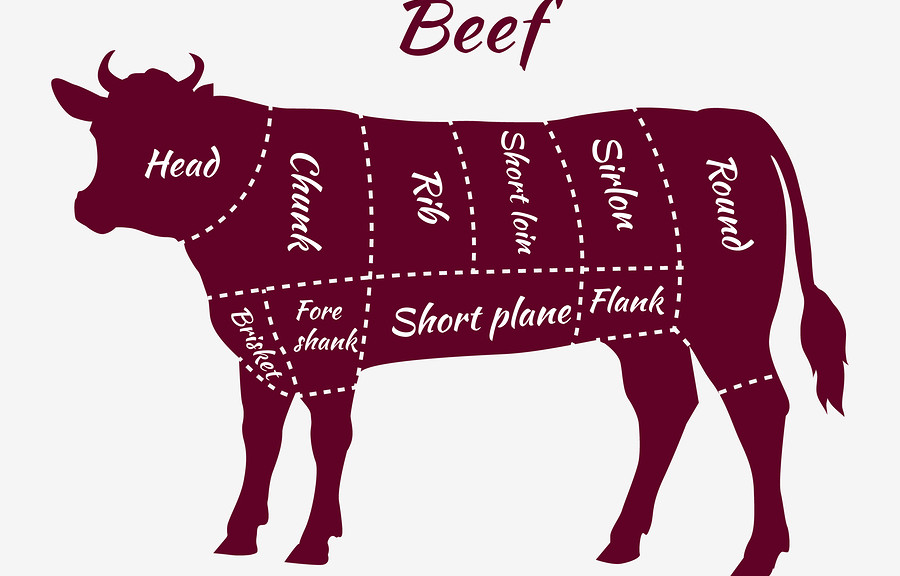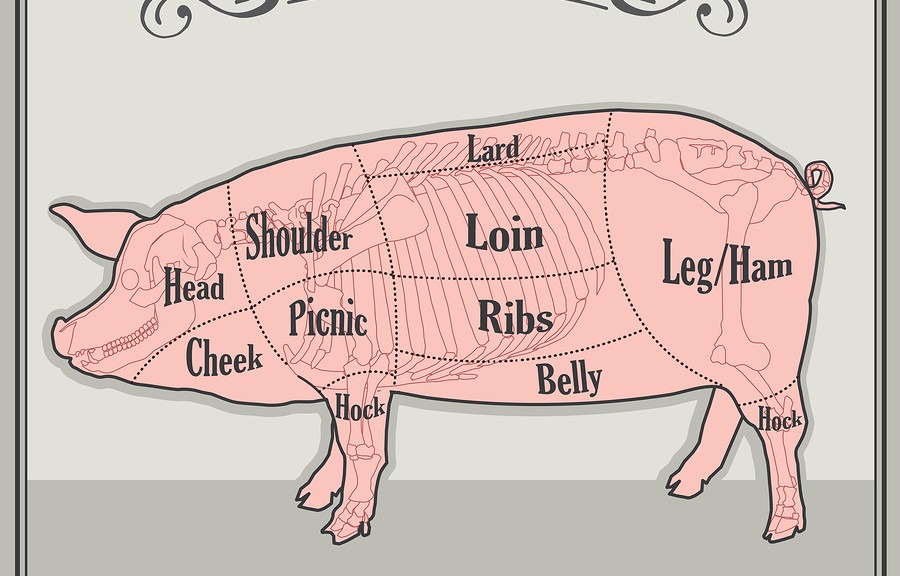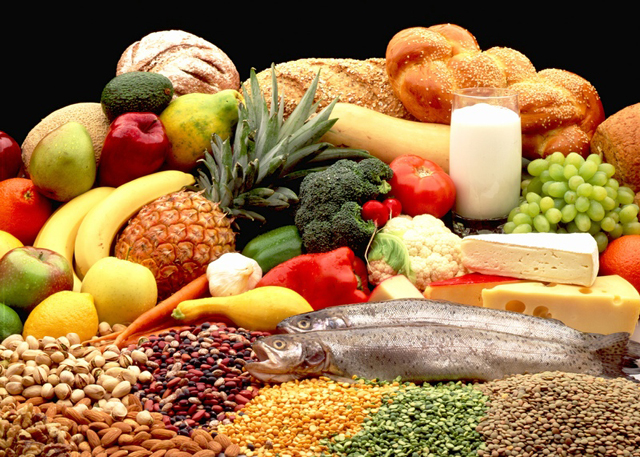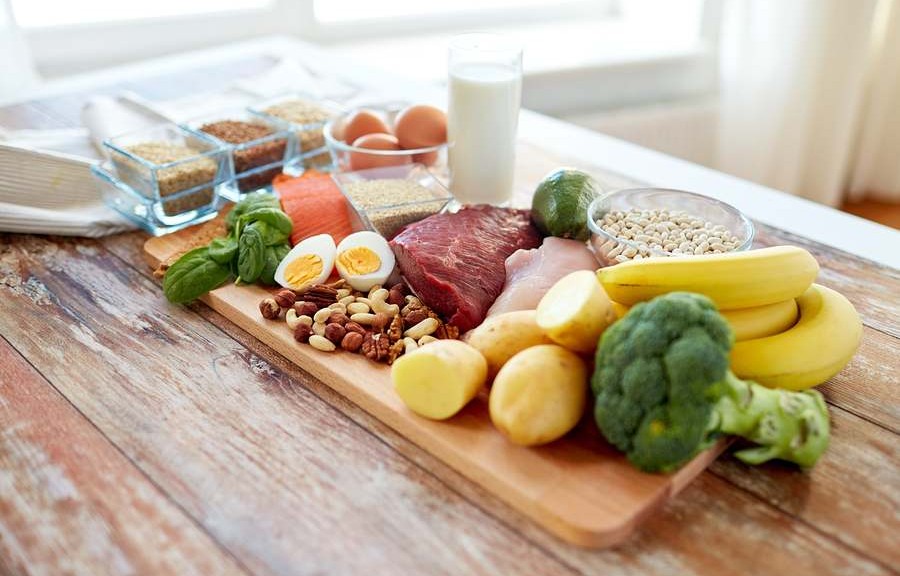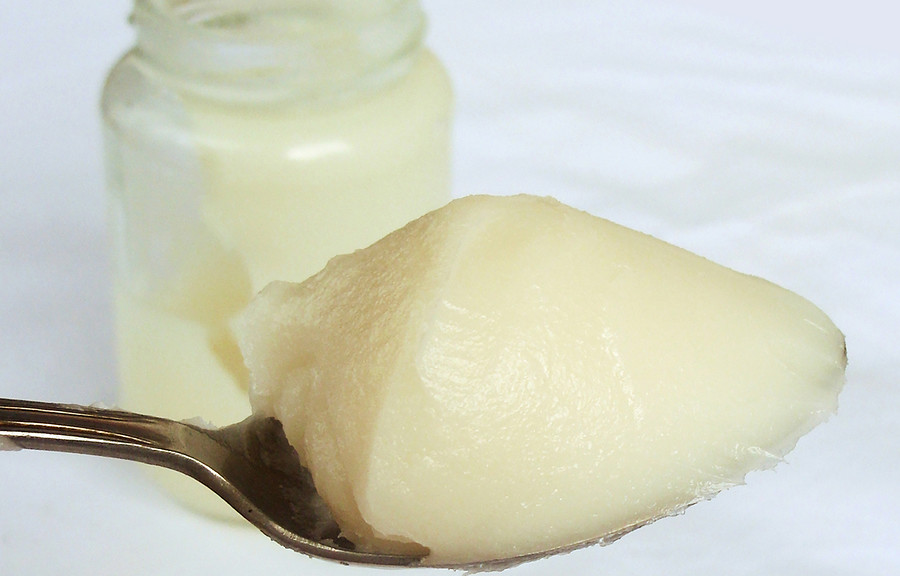Introduction
Before I get into the specifics of my quarter steer story, here’s some background.
I love beef. The heartiness. The meatiness. The warmth. The fat. The feeling of satisfaction after eating it. The high nutrient concentrations. I love it. There is a reason it’s so freaking popular. Problem is, when beef is raised unnaturally (think feedlots, antibiotics, tearing down rainforests for pasture, etc), it can be a devastating force on the natural world around us. I don’t debate that can be the case. That’s not always, true, however.
I have read articles written by intelligent people (like Diana Rodgers, RD, of sustainabledish.com) how some of the numbers you hear about when it comes to beef production are often out of context Continue reading A Quarter Steer Order from Hooke Farms
